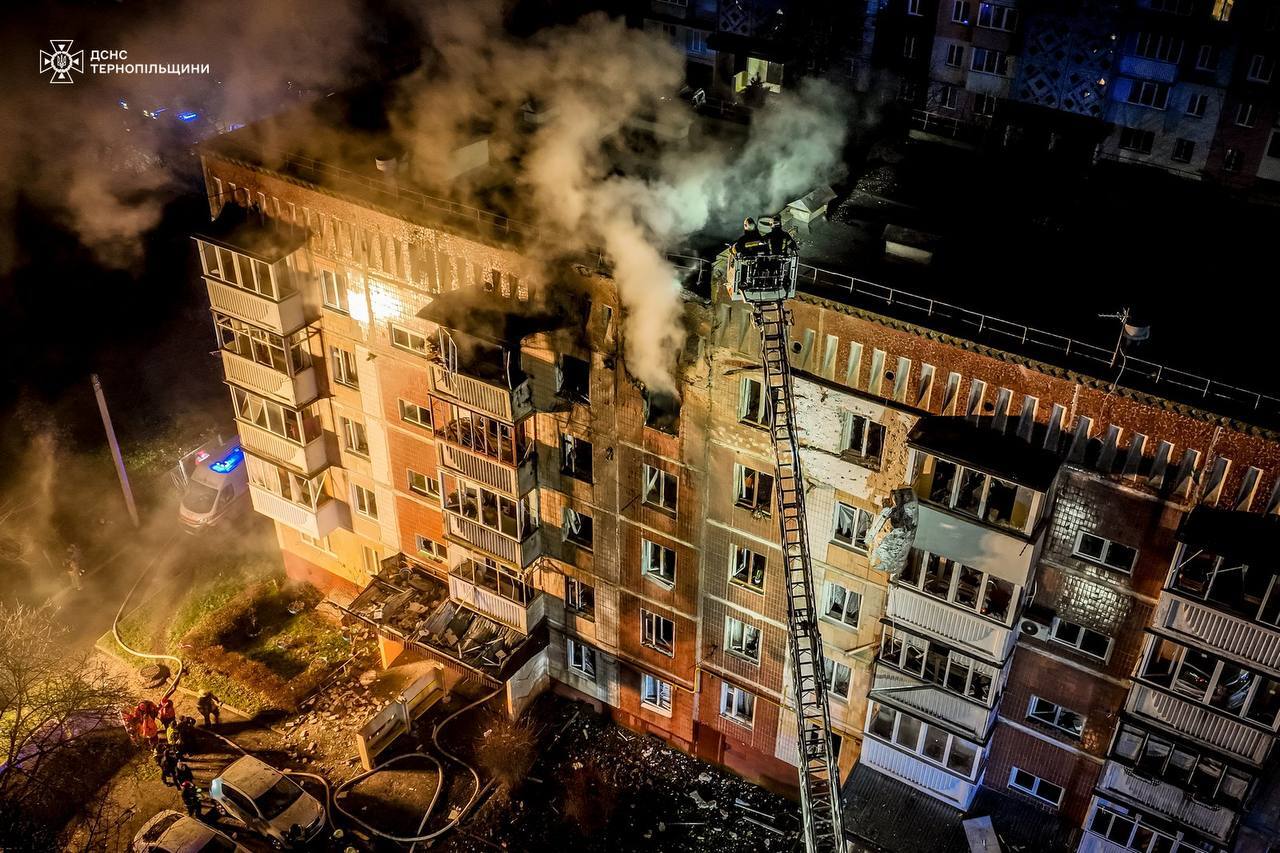Ukrainian businesses increasingly look beyond diesel for backup power as blackouts begin again

As Ukraine begins yet another winter with rolling blackouts and freezing temperatures, businesses are increasingly looking beyond diesel generators to fuel their operations during power cuts, business leaders said at the Energy Security Dialogue 2024 on Dec. 4.
Speaking at the conference in Kyiv organised by the DiXi Group think tank, CEO of Nova Energy Andrii Lytvynenko said the company is moving away from diesel generators and plans to equip around a thousand branches of the popular Nova Poshta postal chain with battery power supplies that allow for uninterrupted electricity during outages.
Around 400 branches already use these systems, he said.
Nova Energy is part of Nova Group, which owns Nova Poshta, Ukraine's leading postal service that transports around 2 million packages a day.
"The simplest, fastest solution is, of course, generators," Lytvynenko said. "Today, we have around 4,000 generators in the company."
However, the noise and carbon emissions — as well as the work needed to refuel and maintain them — led the company to look for alternative emergency power systems, Lytvynenko said.
Additionally, the company is investing in solar power and gas-piston plants that generate both electricity and heat.
"If we take energy independence, we have already invested more than 13 million dollars in this infrastructure, and we plan to invest in it further," Lytvynenko said.
A survey conducted this summer of more than 100 companies by the American Chamber of Commerce in Ukraine (AmCham) found that 87% of companies were ready for the winter blackouts.
"Nevertheless around 40% of companies that said that they have or are building plans and include other sources" alongside diesel generators, said Olena Boichenko, a partner at Deloitte in Ukraine, who worked with AmCham to conduct the survey.
"Ukraine now has such unique situations — of course, unfortunately, negatively unique — but there are also opportunities, to be such a testing ground of different sources and different strategies," Boichenko said.
Oleksandr Dombrovsky, deputy chairman of the board of MHP and president of MHP Eco Energy, said the agro-company is also focused on innovative energy technologies.
Although the company was focused on renewable energy technologies before the full-scale invasion, the war has given it new urgency to innovate.
MHP, one of the largest agro-companies in Europe, employs more than 30,000 workers and exports its products to dozens of countries. Since 2018, MHP Eco Energy has been an operator for the sale of electricity to the enterprises of MHP group.
"We started our path to energy independence, to energy security almost 10 years ago," Dombrovsky said. "This has led us to start attracting and investing in green technologies."
The company has more than ten solar-generation projects in the works, and estimates that the company has the potential for about 800 megawatts of solar generation.
"This year we installed 15 megawatts of solar generation on the roofs of poultry houses," Dombrovsky said.
"In addition, we have now completed the installation of almost 20 megawatts of cogeneration systems (producing energy and heat) that will operate in these conditions of war on natural gas, but in the future they will also be switched to biogas, projects with which we are working to this day," Dombrovsky said.











